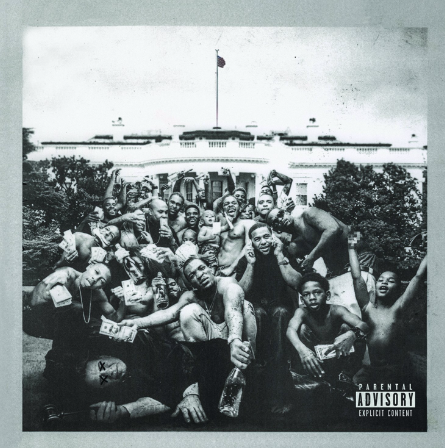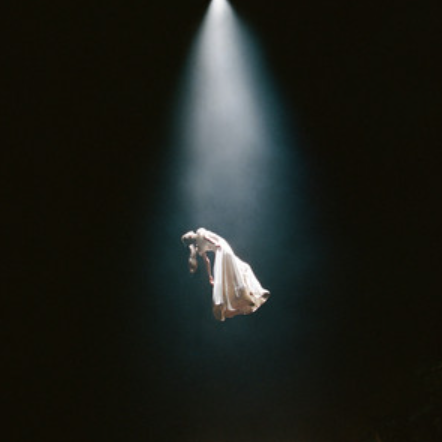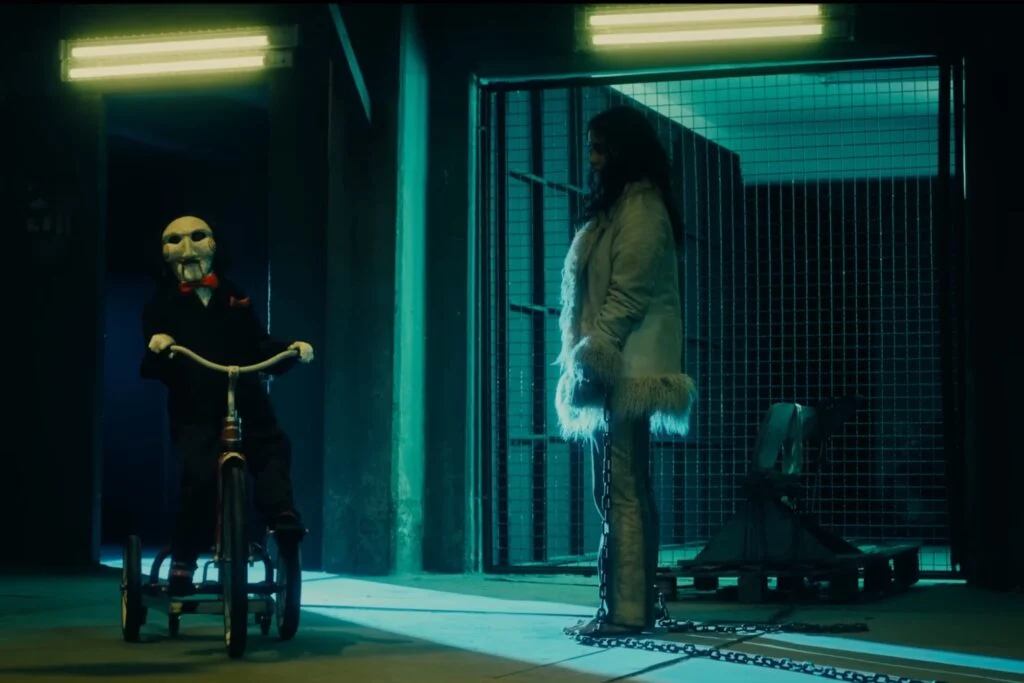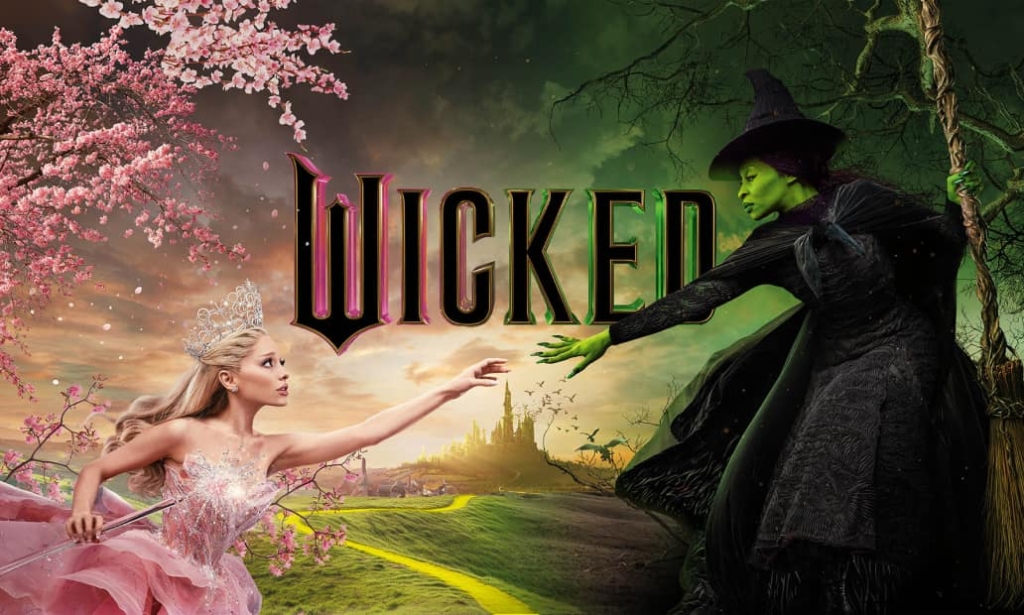
In hip-hop artist Kendrick Lamar’s 2015 third studio album, “To Pimp a Butterfly,” Lamar takes a jazz, soul, and hip-hop fusion approach to bring social and racial injustices to light, while also making tracks to which listeners can dance, smile, and even cry. Kendrick’s previous two studio albums, the solid 2011 album “Section .80” and the 2012 hit “good kid, m. A. A. D city” both brought Lamar’s celebrity status in the music industry higher and higher, but “To Pimp a Butterfly” is his magnum opus. It’s not only being credited as one of the greatest and most influential rap albums, but one of the greatest albums of all time independent of genre.
Lamar starts the album off with the song “Wesley’s Theory,” giving fans a glimpse of what the jazz and soul hip-hop fusion album will sound like. The song has a groovy bass guitar riff from fellow musician and bassist Thundercat giving the song a more jazzy vibe. Thundercat helped produce several other tracks on the album. Lamar gives listeners the hard truth in this song, discussing how the American dream is a false concept. He describes how African Americans have been taken advantage of in the music industry and forced into uncomfortable situations, despite their success, and therefore being used as a “workhorses” rather than artists free to do what they want with their work. Throughout the track, he calls out the corrupt music industry and sheds light on the struggle of Black artists. Lamar’s goal here was to inspire these individuals to speak out against the corrupt industry Lamar raps about this topic of racial oppression, and other racial issues throughout this whole album, brilliantly inspiring a greater discussion about these issues.
Throughout the rest of the album, Lamar uses his creativity in discussing such challenging and serious topics in song form, making it easier to reach an audience of people who have similar experiences but also those who aren’t necessarily aware of the depth of race problems in the industry and in the country. Songs such as the uplifting “Alright,” discusses the African American population as a whole, encouraging Black listeners to strive beyond the systemic oppression that they experience in the United States. “The Blacker the Berry” takes a similar approach, but in a more angered tone, challenging the hatred the African American race is subject to and showing that they are falsely viewed by the biased media.
In the song “u,” however, Lamar focuses on his internal struggle with depression after the death of a friend, self-hate, and the pressures of fame that worsens his mental state. Lamar is blaming himself for the death of his friend, Dave, who was tragically murdered in 2013. He also discusses other harsh topics, such as addiction and his strained relationship with his family, reflecting on how he may have inherited some of his father’s unfavorable traits, causing him to be the way he is. This track is one of the many highlights of the album, as it shows the vulnerability of Lamar, and shows that he too is a human being with struggles like any other person may have.
Lamar made this album to not only show the effects of racism on this country, but to help himself return to his roots and find sense in his new fame and position in the Black community to make a difference. The title itself is an obvious nod to the 1960 novel “To Kill a Mockingbird” by author Harper Lee, which was a controversial novel of that time, dealing with a Black man who was falsely accused of a crime due to racial bias in the Deep South. As a book that challenges racism and systemic oppression, it makes a great connection to Lamar’s album.
Overall, this album encapsulates everything you would expect in a worldly, influential, and inspiring album. Kendrick Lamar solidifies himself as one of the greatest artists of all time with this installment. This album is emotionally evocative, pleasing to the ears, and altogether a fantastic album that has immense replay value. Lamar won multiple Grammy awards for this album in 2015, solidifying the wide opinion that this album is one of the greatest ever. I give this album the highest score with a ten out of ten, as it has no noticeable flaws.






